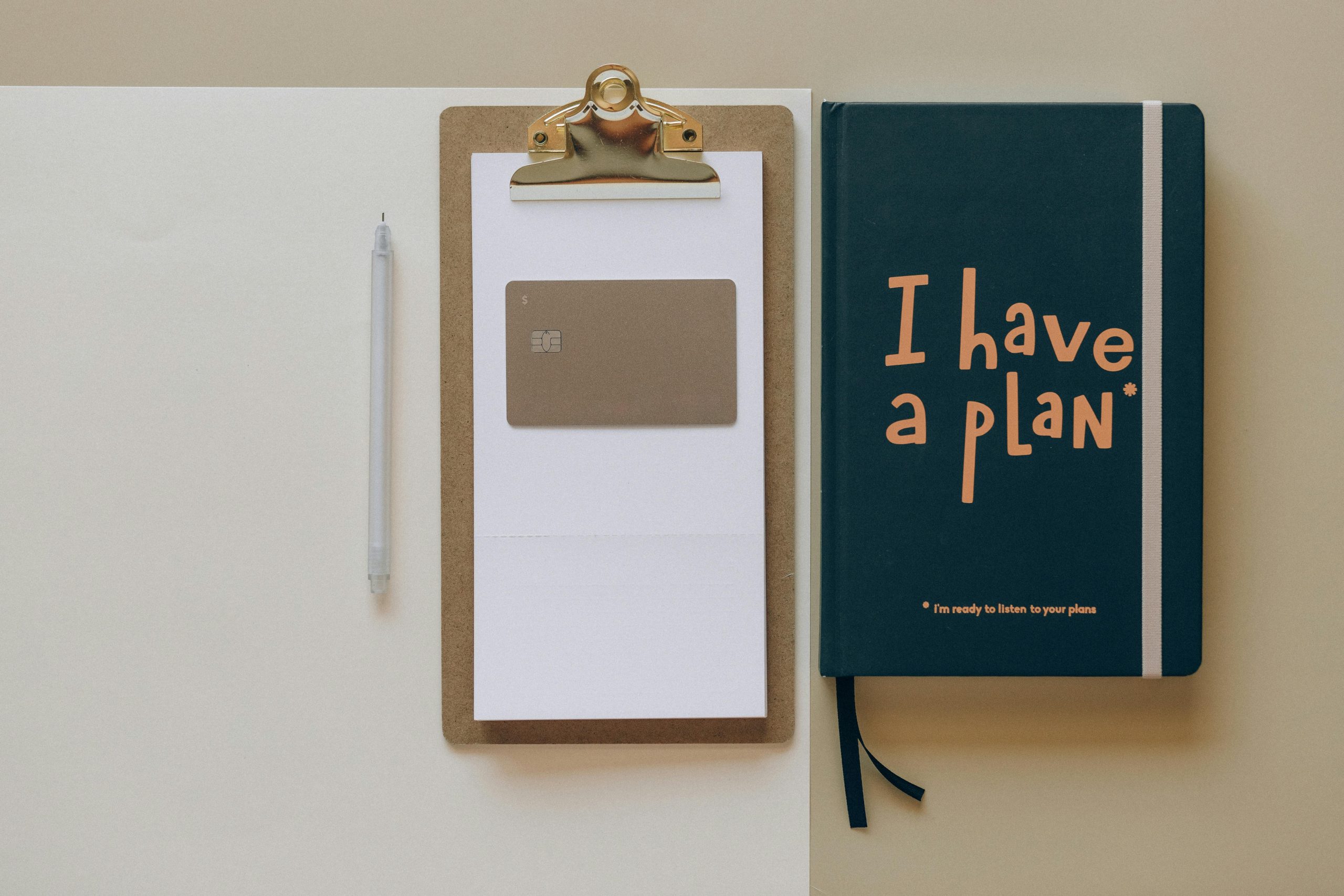Financial emergencies can strike at any time, leaving you scrambling for quick cash. But what if you don’t have a bank account? Traditional lenders often require one, making it difficult for the unbanked or underbanked to access funds. Fortunately, emergency loans with no bank account required exist, offering fast cash solutions when you need them most. Whether you’re facing medical bills, car repairs, or unexpected expenses, these loans provide a lifeline without the need for traditional banking.
What Are Emergency Loans with No Bank Account Required?
Emergency loans designed for those without a bank account are short-term financial solutions that provide quick access to cash. Unlike traditional loans, these options cater to individuals who may not have a checking or savings account but still need immediate funds. They come in various forms, including payday loans, cash advances, and prepaid debit card loans.
How Do These Loans Work?
Lenders offering no-bank-account loans typically disburse funds in alternative ways, such as:
- Cash pickup: Borrowers receive funds in cash at a physical location.
- Prepaid debit cards: Money is loaded onto a card that can be used for purchases or ATM withdrawals.
- Check issuance: Some lenders provide a physical check that can be cashed at a check-cashing service.
Who Can Benefit from These Loans?
These loans are ideal for individuals who:
- Don’t have a bank account due to personal preference or past banking issues.
- Need immediate cash and can’t wait for traditional loan approval.
- Have limited credit history or poor credit scores.
Types of Emergency Loans Without a Bank Account
Several loan options are available for those without a bank account, each with its own pros and cons. Understanding these can help you choose the best solution for your needs.
Payday Loans
Payday loans are short-term, high-interest loans designed to be repaid by your next paycheck. They are accessible without a bank account, as funds can be disbursed via cash or prepaid card. However, they often come with steep fees and should be used cautiously.
Pawn Shop Loans
Pawn shops offer secured loans where you provide an item of value (like jewelry or electronics) as collateral. If you repay the loan, you get your item back. No bank account is needed, but failure to repay means losing your collateral.
Prepaid Debit Card Loans
Some lenders load loan amounts onto prepaid debit cards, which can be used like regular debit cards. This option is convenient but may come with activation or usage fees.
Cash Advances from Credit Cards
If you have a credit card, you may be able to withdraw cash from an ATM without a bank account. However, cash advances often carry high fees and interest rates.
How to Get an Emergency Loan Without a Bank Account
Securing an emergency loan without a bank account involves a few key steps. Here’s how to navigate the process:
1. Research Lenders
Look for lenders specializing in no-bank-account loans. Check their reputation, terms, and fees to avoid predatory lending practices.
2. Gather Required Documents
While you won’t need bank statements, lenders may require:
- Proof of income (pay stubs or benefits statements).
- Government-issued ID.
- Proof of residence (utility bill or lease agreement).
3. Apply Online or In-Person
Many lenders offer online applications, while others require in-person visits. Provide accurate information to speed up approval.
4. Choose Your Disbursement Method
Select how you’d like to receive funds—cash pickup, prepaid card, or check—based on what’s most convenient for you.
5. Repay the Loan on Time
Late payments can lead to additional fees or penalties. Ensure you understand the repayment terms before accepting the loan.
Pros and Cons of Emergency Loans Without a Bank Account
Before applying, weigh the advantages and disadvantages of these loans.
Pros
- Quick access to cash: Funds are often available within hours.
- No bank account needed: Ideal for the unbanked or underbanked.
- Flexible eligibility: Some lenders don’t require good credit.
Cons
- High fees and interest rates: These loans can be expensive.
- Short repayment terms: You may need to repay the loan quickly.
- Risk of debt cycles: Borrowers may take out additional loans to cover repayments.
Alternatives to Emergency Loans Without a Bank Account
If these loans don’t suit your needs, consider these alternatives:
Community Assistance Programs
Local charities, churches, or nonprofits may offer financial aid or no-interest loans for emergencies.
Borrow from Friends or Family
Asking loved ones for help can be a low-cost alternative, though it may strain relationships.
Sell Unwanted Items
Selling electronics, clothing, or furniture online or at pawn shops can generate quick cash.
Side Gigs or Odd Jobs
Platforms like gig economy apps or local job boards can help you earn money fast.
Conclusion
Emergency loans with no bank account required provide a vital resource for those in urgent need of cash. While they offer convenience and accessibility, it’s important to carefully consider the costs and repayment terms. Explore all options, from payday loans to community assistance, to find the best solution for your situation. By making informed decisions, you can navigate financial emergencies with confidence and avoid unnecessary debt.
